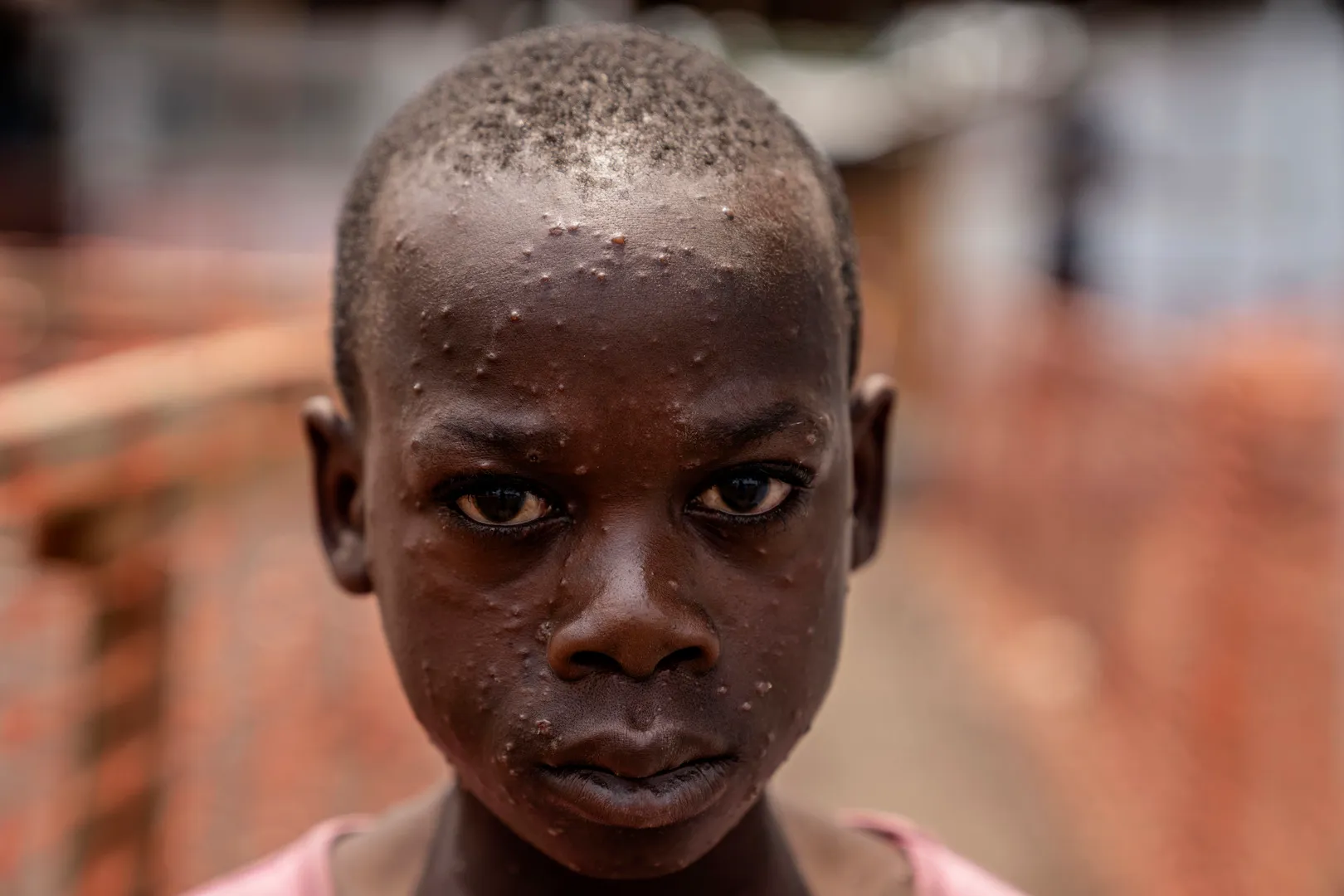What does the US withdrawal from the WHO mean for global health? | Health
The US has completed its withdrawal from the World Health Organization, ending its membership for the first time since 1948. Officials blamed WHO’s COVID-19 response, halted funding and limited future engagement, prompting warnings about global health risks.
Published On 23 Jan 2026
